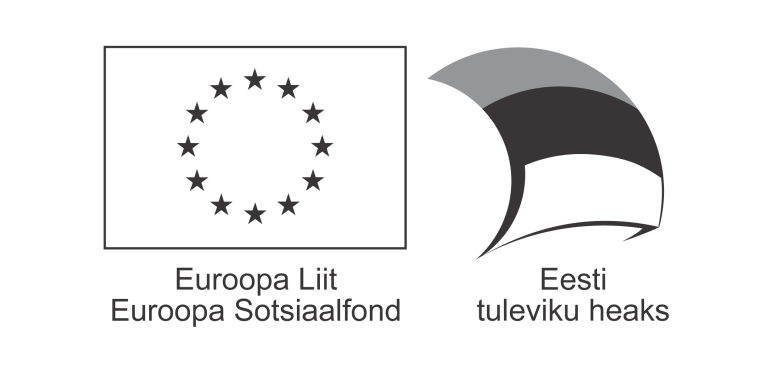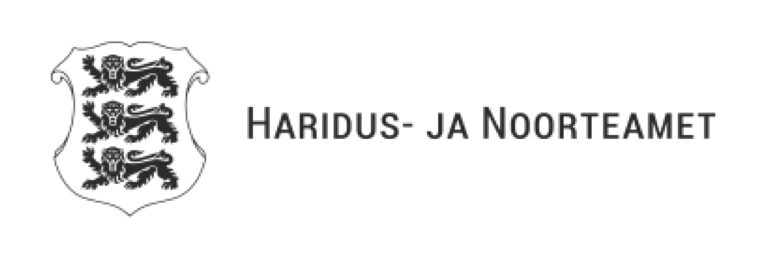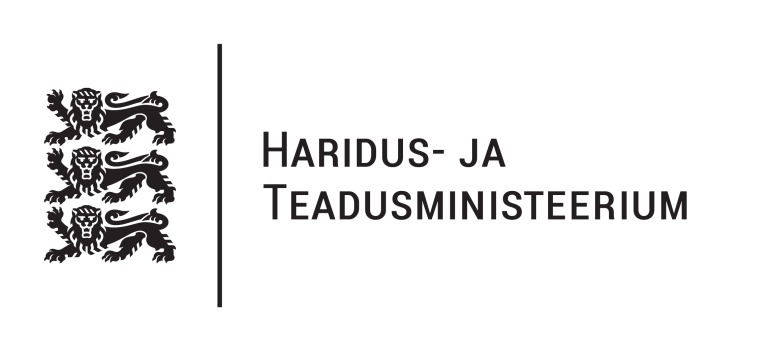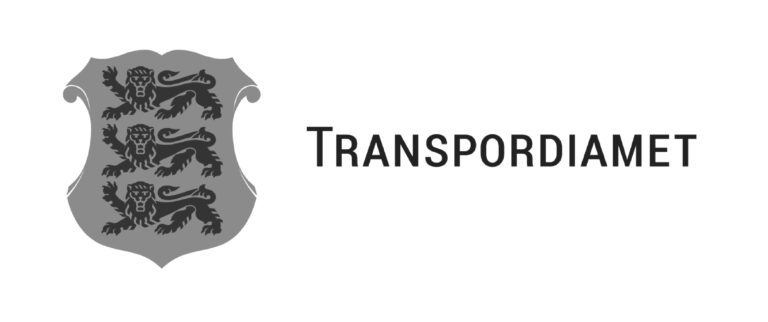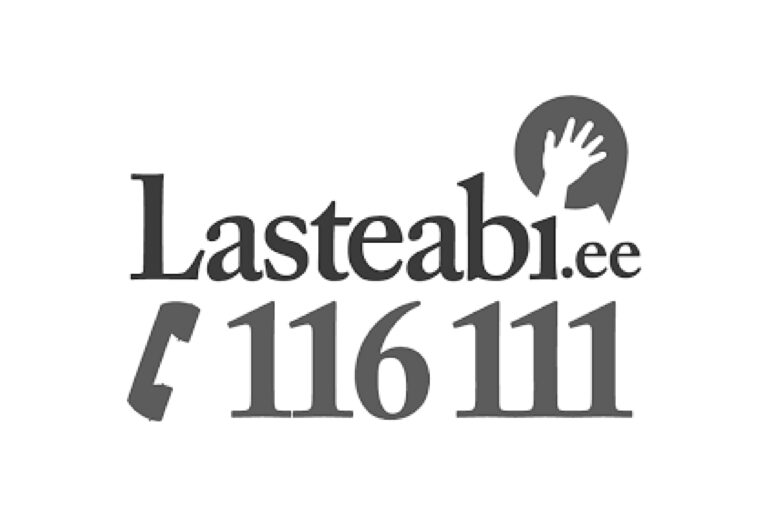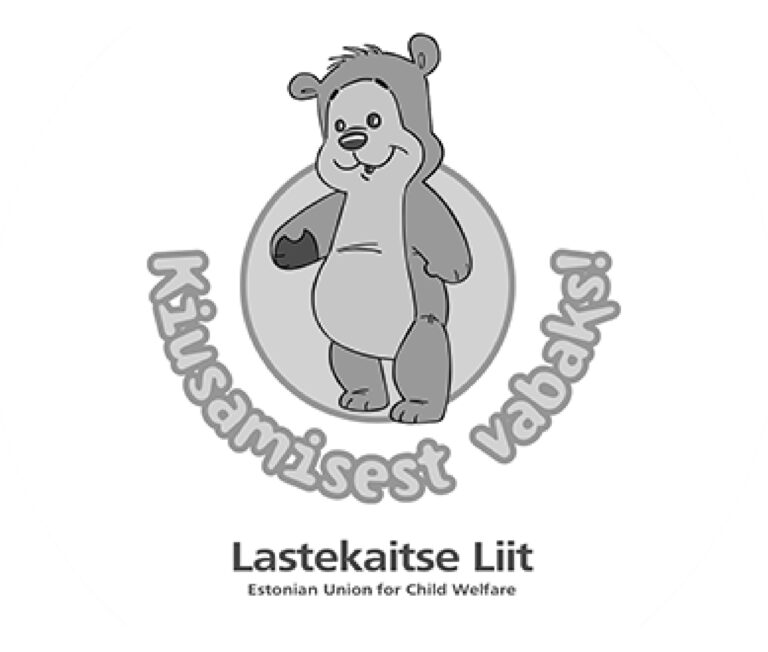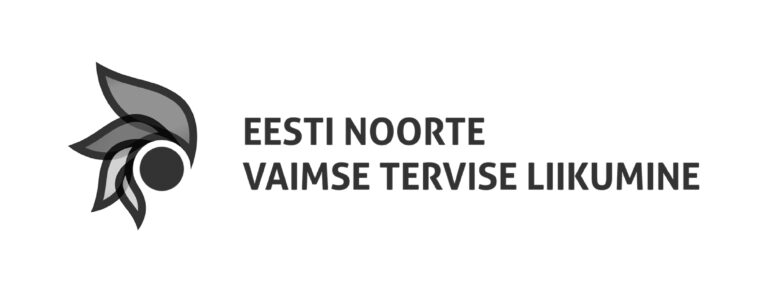To ensure the welfare and safety of children, Estonia joined the United Nations in 1991, which emphasises the human rights of the child. Almost all the countries in the world have joined this convention. The UN Convention on the Rights of the Child (UNCRC) documents the rights that apply to every child and young person under the age of 18, everywhere in the world, regardless of their appearance, the colour of their skin, sex, language, beliefs, and opinions, or nationality.
Important to know about rights:
- Adults who decide over matters relating to children must base their decisions on the best interests of children.
- Every child has a right to an opinion and the right to express it freely. A child has the right to be heard in matters concerning them at home, school, and by the authorities.
- Every child has a right to go to school, learn, and gain knowledge.
- Every child has a right to be with their mother and father even when the parents do not live together.
- Every child has a right to be protected from reckless and cruel treatment, no child should be treated in an undignified and degrading way.
All people, including children, are responsible for protecting the rights of a child.
Important to know about obligations:
Everyone has rights. Every right comes with an obligation. That means that everyone, including children, has the obligation to respect other people’s rights.
- All children have rights. That means that all children have an obligation to respect others’ rights, both children’s and adults’.
- All children have a right to be protected from violence. That means that children have an obligation not to bully, pick fights, or otherwise harm others.
- All children have a right to a clean living environment. This means that children have an obligation to keep their natural environment clean, not to pollute it.
- All children have a right to education. That means that they have to go to school, learn as much as they are capable of, and share their knowledge with others.
- All children have a right to life. That means helping those that need help, and are in a situation of disadvantage, so that their right to life is also guaranteed.
Read more about children’s rights in the CONVENTION ON THE RIGHTS OF THE CHILD and remember that every right comes with an obligation to respect it. It’s important that, in addition to their rights, children also know their obligations stated in various laws of the Republic of Estonia.
The state must ensure that the rights of all children are safeguarded and that children in need receive timely and necessary assistance. Since 1 January 2009, both children and adults can call the 116 111 children’s helpline for help and advice.
As equal members of society, children’s obligations to the state and society grow with their age. A child must, according to age:
- respect their homeland;
- respect public order and the rule of law;
- preserve the natural, cultural, and living environment;
- acknowledge generally accepted standards of behaviour.
As an equal member of the family, children have obligations towards their family and caregivers. A child must, according to age:
- respect their parents and caregivers (guardians) the same way those have to respect the child;
- help their parents, caregivers (guardians) and other members of the family, and take part in joint activities and everyday chores.
A child must, when communicating with others:
- behave respectfully;
- when exercising their rights, respect the rights of other children and adults;
- help those who are weaker.
A child has the obligation to look after their health:
- take care of personal hygiene;
- follow healthy eating recommendations;
- follow a healthy sleep schedule;
- abstain from using harmful substances (alcohol, tobacco, drugs).
A child’s responsibility to learn:
- A child has the obligation to go to school;
- A child has to learn according to their abilities;
- A child has to learn to do age and ability appropriate work (not necessarily work within the scope of employment legislation);
- A child has the obligation to respect their teachers and instructors just as they must respect the child.
Text from the website of the Estonian Union for Child Welfare www.lastekaitseliit.ee.
Reference to the full text: https://www.lastekaitseliit.ee/et/lapse6igused/lapse-oigused/lapse-oigused-kohustused/
Published in the youth information portal Teeviit in 2022.

